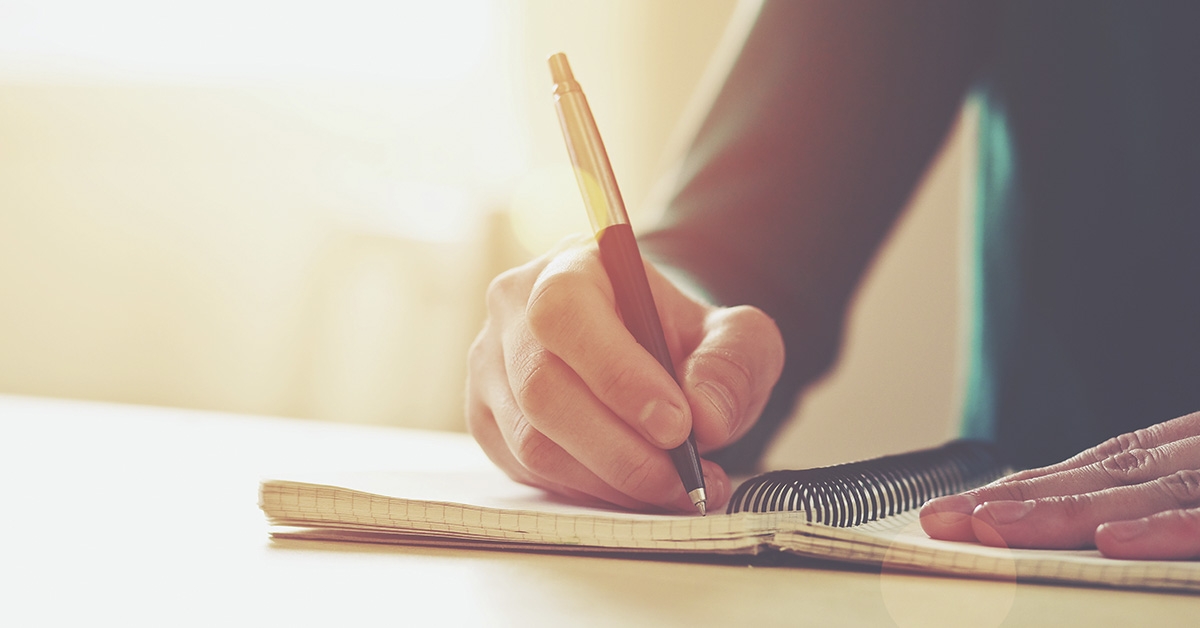Most people can agree on the value of education, especially for children. But despite holding such a herald position, teachers are often overworked and underpaid. Many enter the field excited and passionate about teaching the next generation, but nowadays, many leave the profession, disillusioned and burned out. They face many different struggles, and some blame their burnout on one reason or another. But a common complaint centers on the student’s parents. In 2017, a retired teacher published an opinion piece in a newspaper explaining her grievances in the classroom, and ever since its publication, it has been going viral online. The article’s reliability seems to ring true for many struggling teachers today.
“Parents are the problem”
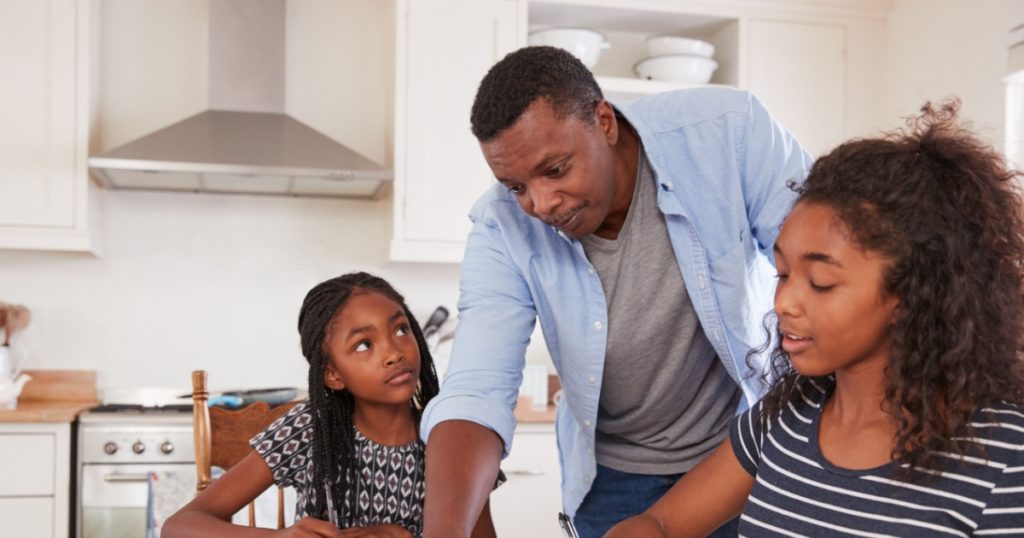
Lisa Roberson penned this letter in the Augusta Chronicle, and her words continue to spark debate about whether parents or teachers are to blame for the issues with the education system. After the pandemic, virtual classes, and students unused to a typical school setting, Roberson’s piece may carry even more weight.
“As a retired teacher, I am sick of people who know nothing about public schools or have not been in a classroom recently deciding how to fix our education system,” she begins. “The teachers are not the problem! Parents are the problem!”
Read More: Abandoned By Parents, She Vowed To Prove Them Wrong – Today, She Models For Vogue
Why Lisa thinks “Parents are the problem”…
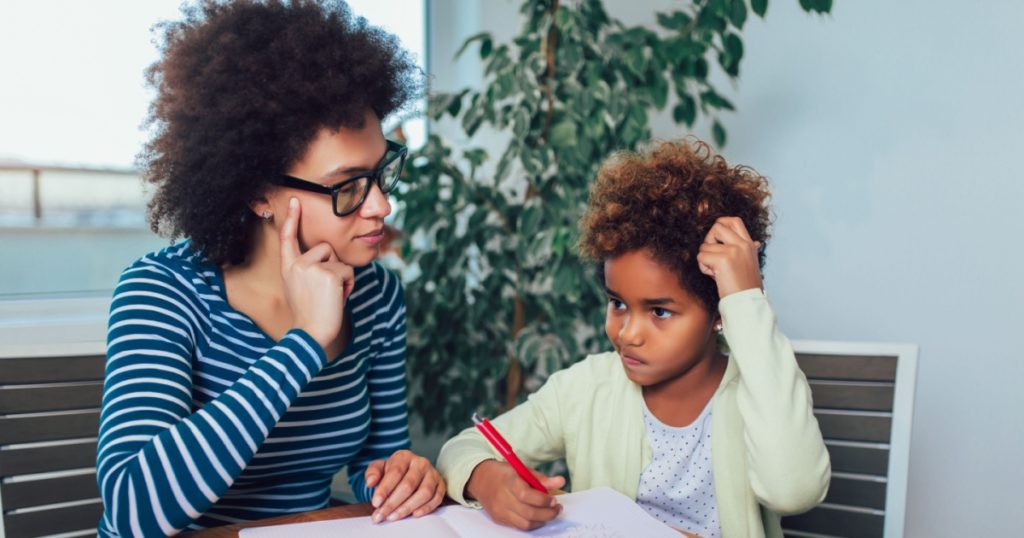
She explains that parents are not preparing their kids to learn. “They are not teaching their children manners, respect, or even a general knowledge of how to get along with others. The children come to school in shoes that cost more than the teacher’s entire outfit, but have no pencil or paper. Who provides them? The teachers often provide them out of their own pockets,” she said, referring to how teachers have to use their own money to supply and decorate their classrooms. “When you look at schools that are ‘failing,’ look at the parents and students. Do parents come to parent nights? Do they talk with the teachers regularly?”
She asks if parents ensure their children come to school with the required supples and do their homework regularly. “…Do the students listen in class, or are they the sources of class disruptions? When you look at these factors, you will see that it is not schools that are failing but the parents,” she concludes. “Teachers cannot do their jobs and the parents’ job. Until parents step up and do their job, nothing is going to get better!” [1]
The Parent-Teacher Relationship
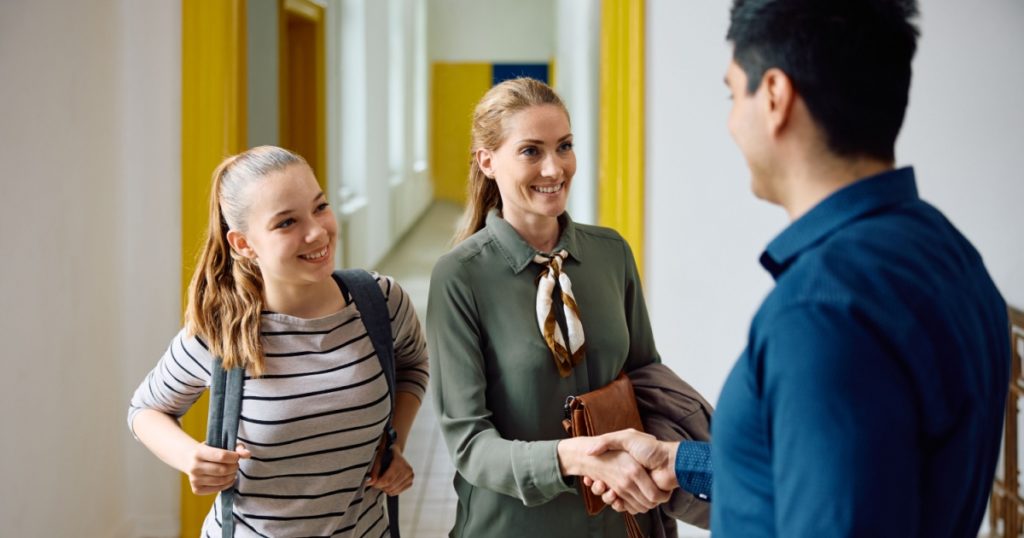
In an ideal world, parents and teachers would work as a symbiotic team. However, real life is more complicated than that, especially after the pandemic. Lockdowns forced parents to take a more active look into their child’s education. It also created many arguments that continued for years about policies concerning school closures, vaccinations, masking, gender identity, race theory, and other divisive political topics.
But all that aside, parents and teachers want the same thing: A good education for children that will help them succeed in the future. Teachers need to provide that education, which may involve finding different ways to reach and encourage their students. At the same time, parents must send their kids to school with the skills they need to learn optimally. This can include teaching them to respect classroom rules, finish their homework, arrive on time, and more. [2]
Problems parents face in today’s world
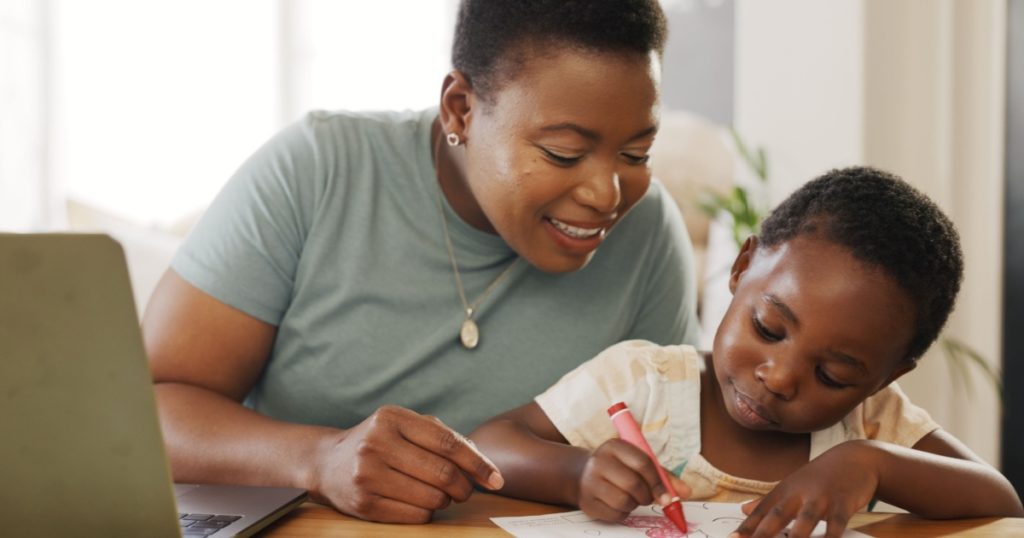
However, parents may not be able to involve themselves in their children’s education for a variety of reasons. At the same time, overactive parents can cause just as much difficulty, perhaps more. “Ghost parenting may be impacting a certain subset of students, but helicopter parenting is probably more impactful on the problems that we are seeing today,” says Scott A. Roth, PsyD, a New Jersey certified school psychologist. “We have many children who have never been permitted to feel disappointment or frustration because parents swoop in to prevent it from happening. This can cause a child to not trust that they will ever be able to solve their own problems.”
As a result, the parent-teacher relationship is harder to navigate than ever. Some students fell severely behind their peers during the pandemic. Teacher shortages are rampant, worsening the exhaustion and burnout of the teachers still working. Many report that children’s behavior has deteriorated since the pandemic, so pre-pandemic routines and methods are no longer effective.
“So many routines were disrupted for students, teachers, and their families. Even for states that didn’t extend school closings, routines at home were disrupted, and that is very difficult for young minds to comprehend,” says Brandi David, MEd, a Florida-based K-8 educator specializing in mathematics and development editor for Hand2Mind. [3]
Read More: Parents Hear Deceased Son’s Heart Beat in the Toddler Who’s Life He Saved Through Organ Donation
“Relationships matter”
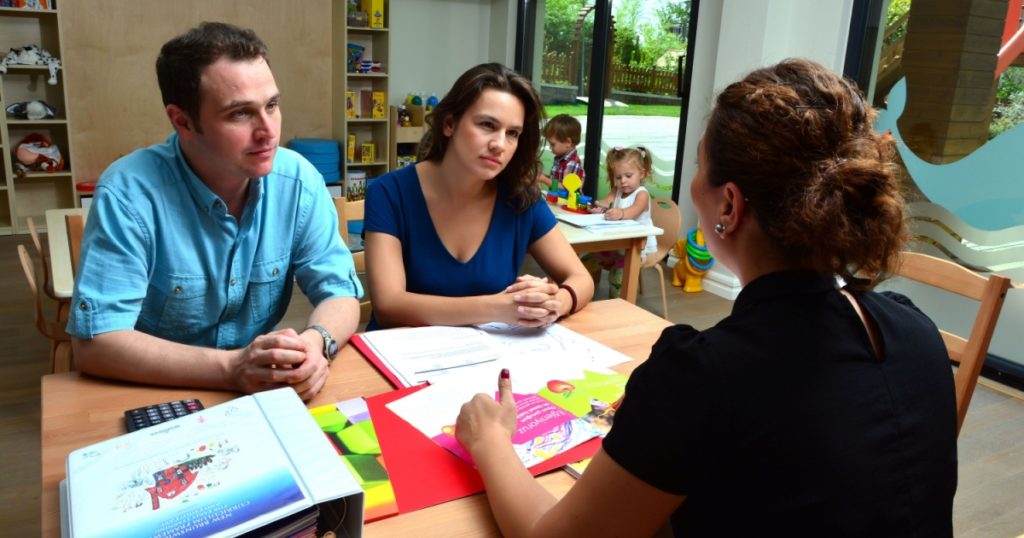
Perhaps something parents and teachers can agree on is that schools need to catch up with the times. Curriculums, schedules, and the like have yet to be updated to handle the modern world and its unique challenges. Patricia A. Edwards, Ph.D., a Distinguished Professor at Michigan State University specializing in supporting literacy learning and development for families of color, says schools need to improve in areas like technology integration, teaching life skills, inequity, etc. “In response to these criticisms, many education reform efforts are underway, focusing on curriculum modernization, personalized learning, increased use of technology, and a shift away from standardized testing,” Dr. Edwards says. “These changes aim to better align K-12 education with the changing demands of the contemporary world.”
What can be done?
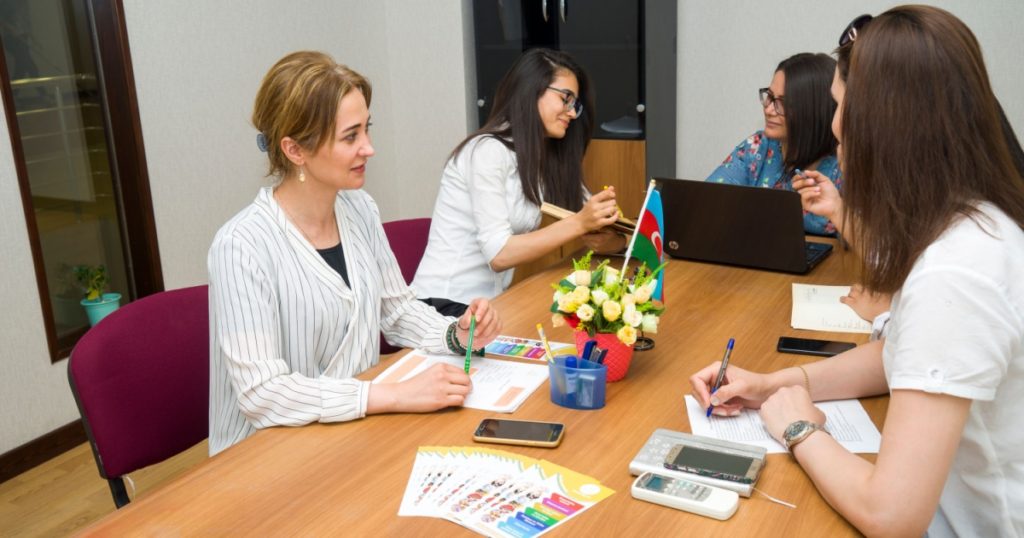
In the meantime, parents and teachers need to work together to make the most of children’s education. “The best way to keep students accountable for their behaviors is to have a working relationship with the parents,” says David. “…Teachers should share with parents what they are doing, if it’s working, such as a calming corner, breathing techniques, and opportunities to correct their behavior.”
“Relationships matter,” Dr. Roth adds, “Students that feel safe and cared for learn better. Teachers that can connect with students relationally have far fewer behavioral problems in their classes.”
Read More: Missing baby found alive more than 40 years after parents found killed in woods
Sources
- “Parents are the problem.” Augusta Chronicle. Lisa Roberson. February 15, 2017
- “We Need to Recalibrate the Parent-Teacher Relationship.” EDWeek. Rick Hess. August 14, 2023
- “Teacher Burnout is Real, and the School Year is Just Getting Started.” Parents. Sarah Cottrell. September 25, 2023
